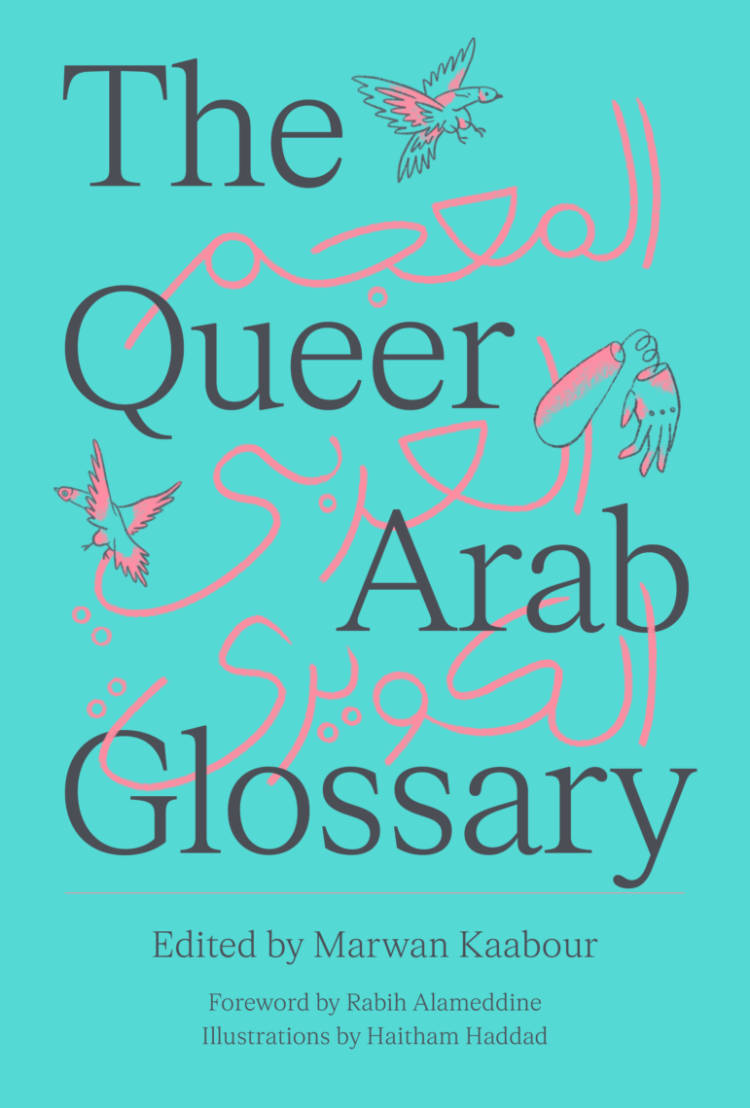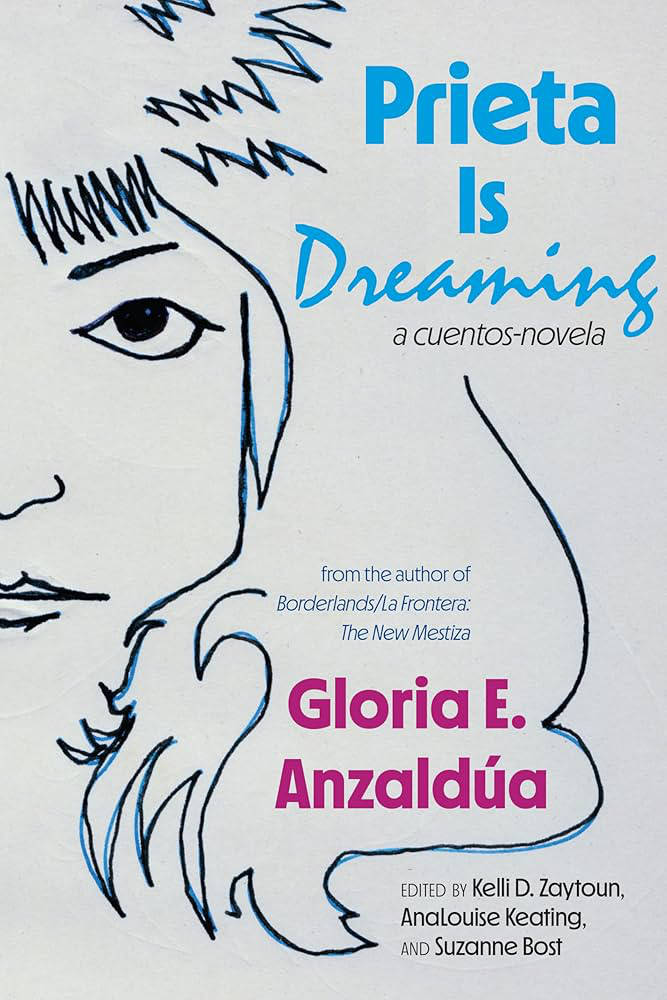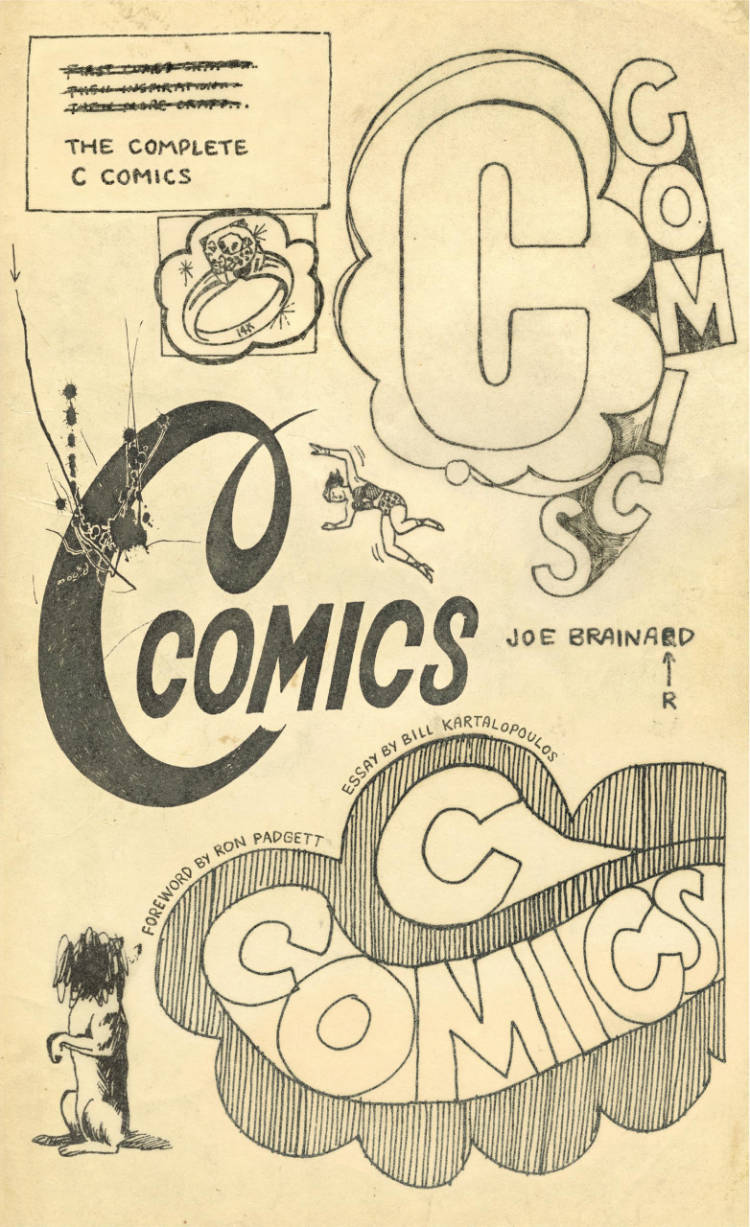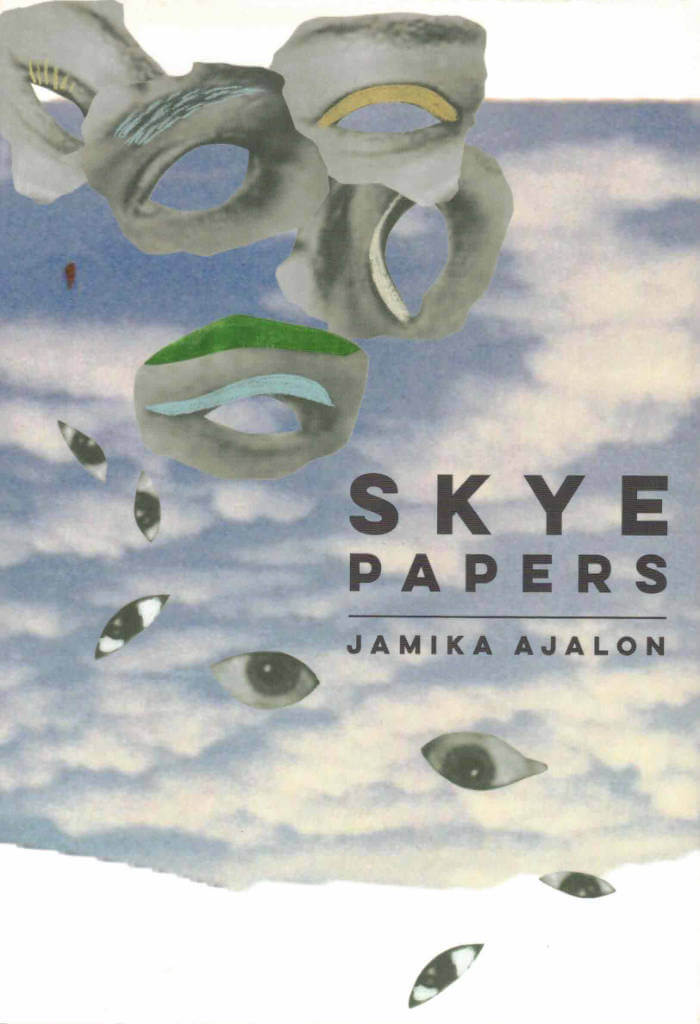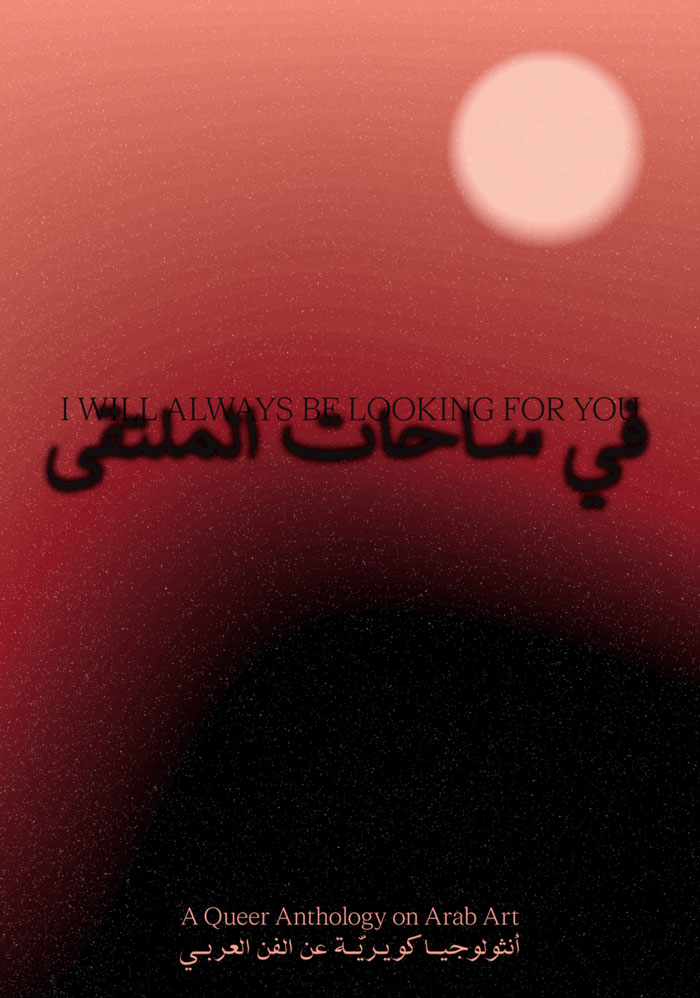
I Will Always Be Looking For You – A Queer Anthology on Arab Art
Yasmine Rifaii ed., Nadim Choufi ed.
I Will Always Be Looking For You – A Queer Anthology on Arab Art brings together the works of 31 artists from 13 Arabic-speaking countries, with literary contributions by 24 writers from across the region and its diaspora. The individual texts span a wide variety of genres – poetry, essays, fiction, experimental writing – and enter into dialogue with the visual artworks that accompany them. In this interplay, the definition of queerness in the Arab world is both documented and expanded – not as a fixed identity, but as a generative force, a method, a rupture and a refusal. The book represents the first purposeful collection of intergenerational artistic voices in one and the same volume, creating an important archive of queer voices in Arab art that is at once intimate and collective.
The book was commissioned by the Lebanese feminist collective Haven for Artists, translated by Rayyan Abdel Khalek, and designed by Marwan Kaabour. For its launch, editors Yasmine Rifaii and Nadim Choufi enter into a conversation with Dayna Ash from Haven for Artists.
